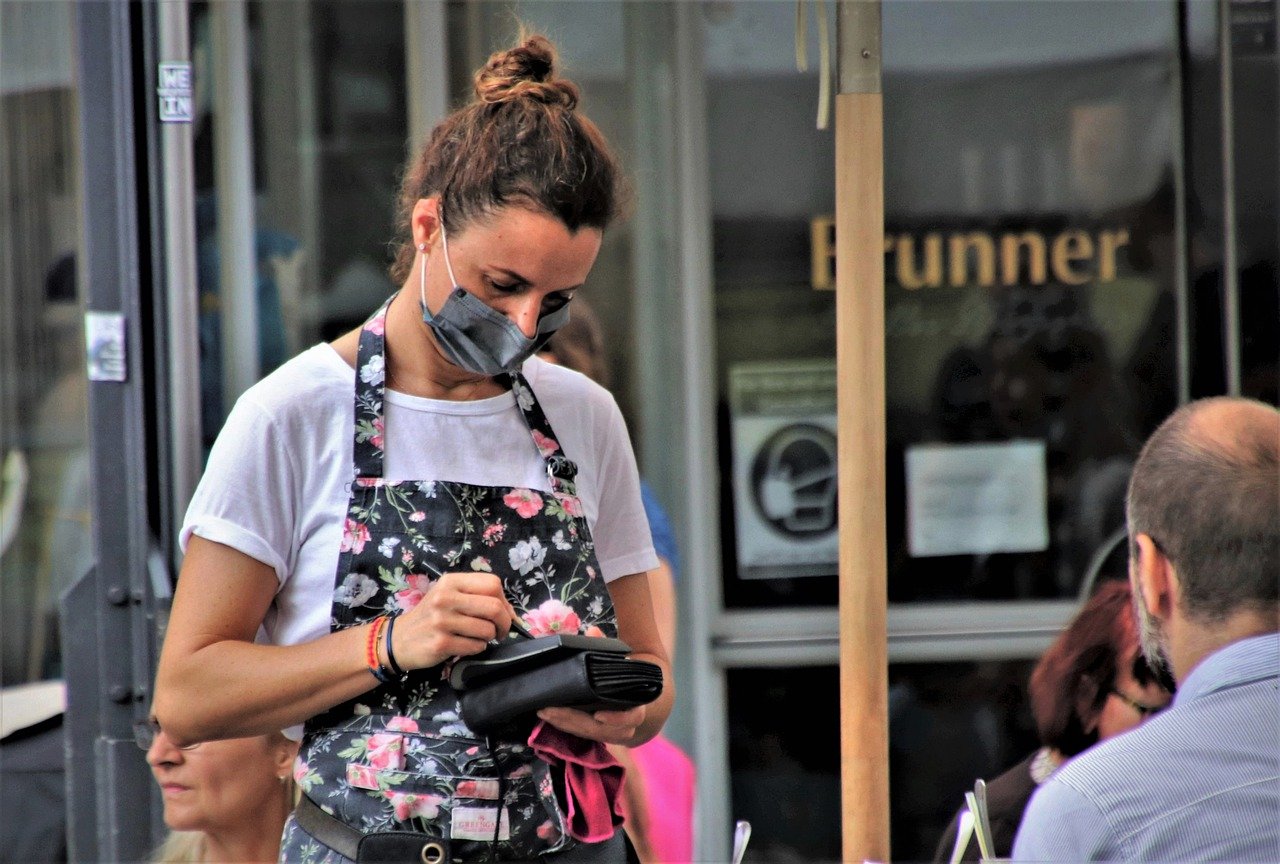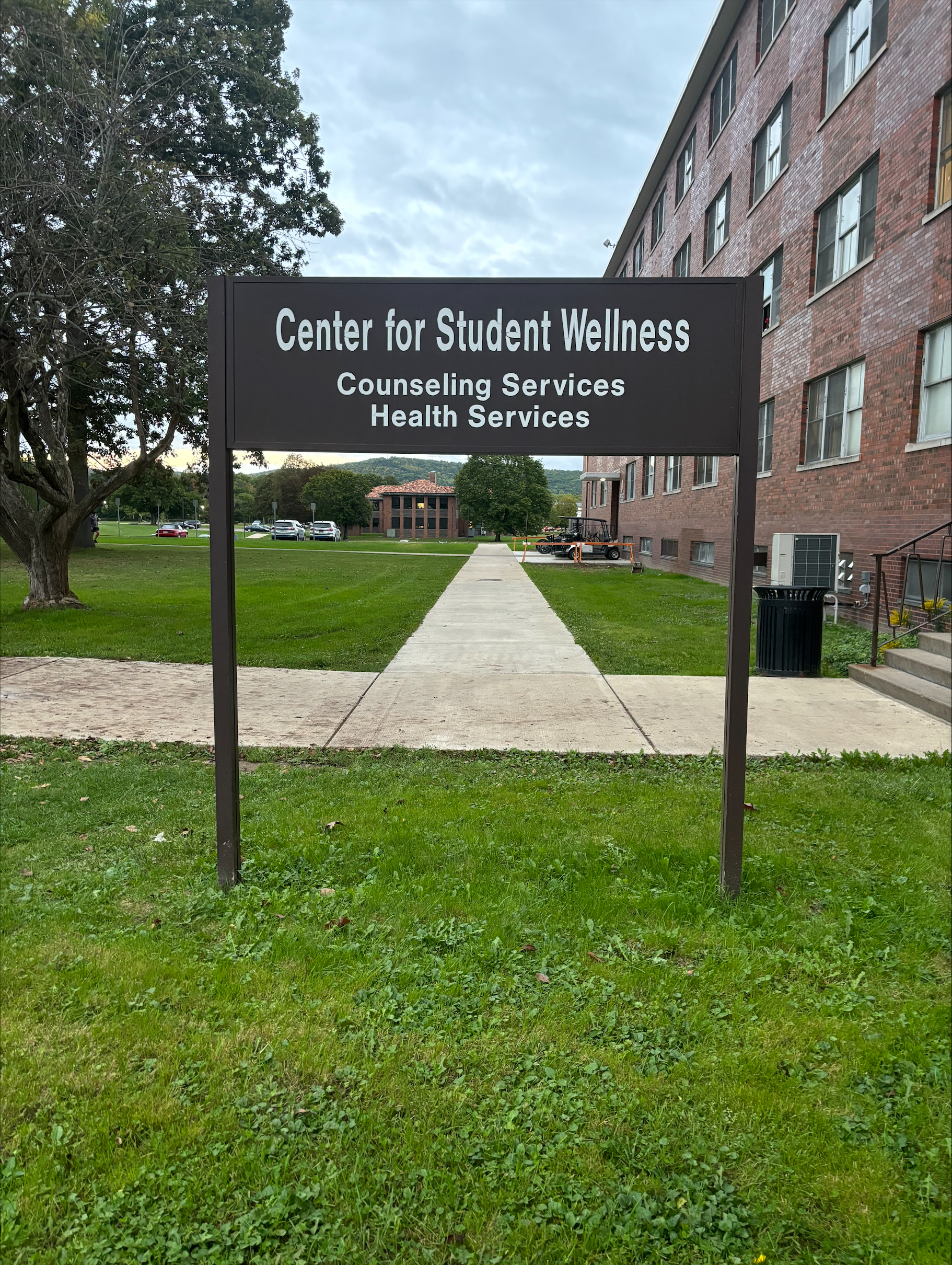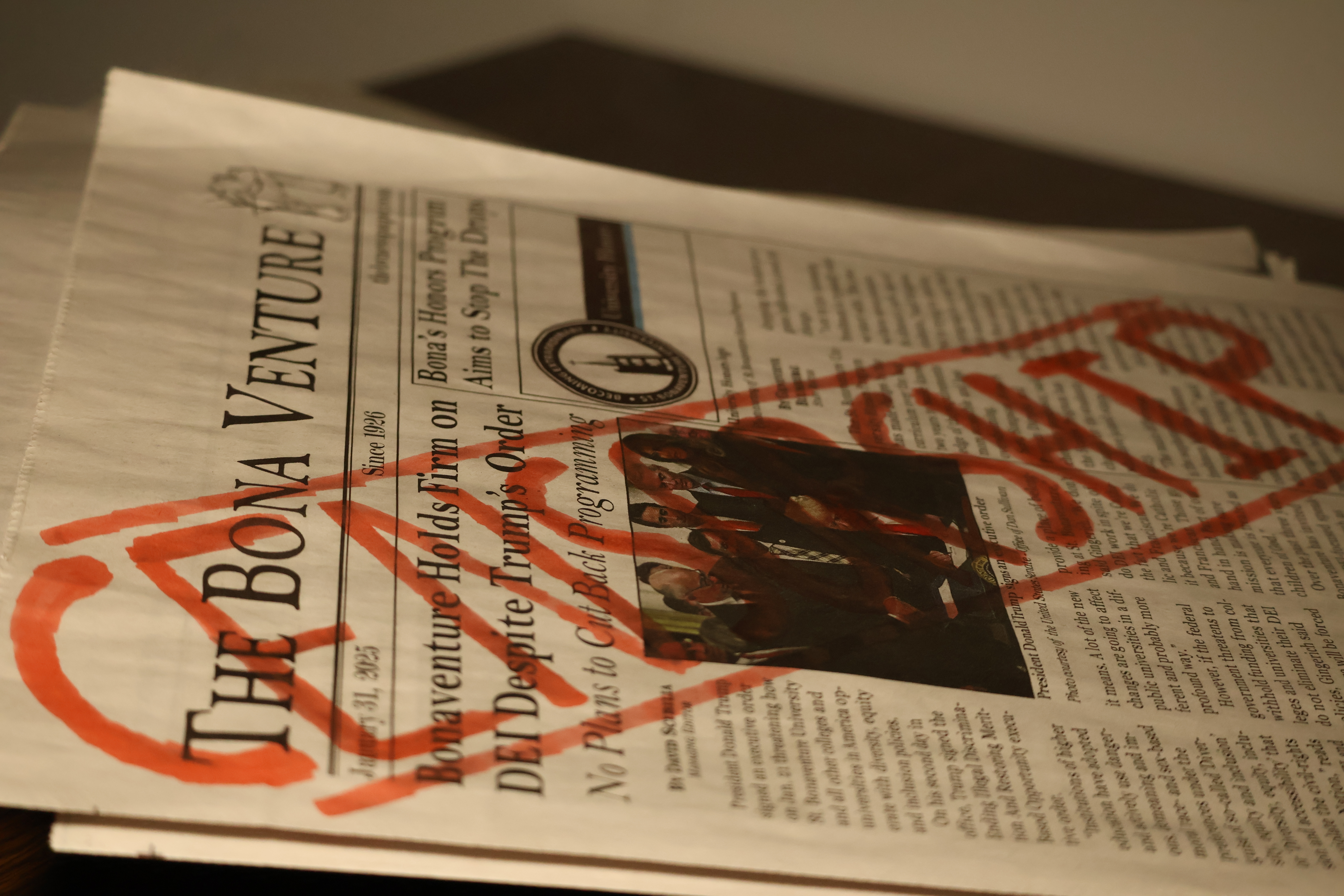BY ERICA GUSTAFSON, OPINION EDITOR
Young children going into their middle school years often hear their parents say, “study hard, so you don’t end up working at McDonalds for the rest of your life.” They emphasize restaurants like McDonalds as an example that students should not work at minimum wage jobs forever because they will not lead you to a successful adult life.
Then young adults hit their high school and college years, where this phrase morphs into “why don’t you just get the job and start working. It’s money, and you don’t have to stay there forever. If you want to buy things of your own, you need to have a job to support you in some way.”
Due to the pandemic and people leaving their part-time and full-time jobs, this phrase was altered. Now people hear things like “people are just ‘lazy’ so they don’t want to go back to these jobs. That is why we have such a problem with employment shortages across the country.”
There may be people out there who did not want to return to their part-time or full-time jobs because they were okay with not working and living on unemployment. However, it is idiotic to make assumptions that every single person who did not return to their job had this mindset. It is stereotyping and completely moronic.
I do not blame many people, especially in the customer service or food industries, for not returning to part-time positions or leaving in the first place. Though we started at the beginning of the pandemic thanking individuals for their work and resilience, their treatment and work atmosphere has greatly declined over the past two years.
Many people blame Americans and unemployment benefits for their reasoning to not return to work. Many argue that these individuals make money off these checks, so they don’t actually have to work for their money anymore. However, that is not really the case for many.
I recently stumbled over a 2021 Washington Post article by a New York-based writer and author, Adam Chandler, who wrote about this concept and how unemployment benefits affect these people in reality.
Chandler wrote, “even with help from the government, a large segment of jobless Americans aren’t receiving enough money from unemployment benefits to actually get by.”
There is already a history of people not necessarily treating workers right in the customer service industry, and it has not changed with the pandemic. Workers were still getting paid minimum wage while being yelled at, attached, disrespected and even insulted. Much of this was a result of no fault of their own.
Chandler continued to write in the article that “professional lives of service workers and retail employees grew exponentially less sustainable during the past year. Across the country, hourly workers have been tasked with enforcing mask mandates and have been attacked, harassed and even shot at for protecting themselves and other customers from a public health crisis.”
The completely ironic thing is that people change their attitudes towards these different job positions constantly and continuously belittle them. Once a person working in such a position decides to leave for reasons, which they do not have to explain to the public, others verbally attack them, insisting that they are being “dramatic” and “slacking off.”
In all seriousness, I do not blame people for not wanting to keep working in such terrible conditions. Honestly, the payment they would receive in such a time of stress and hardship may not be worth it to them.
We should all be thankful for those who continue to work tirelessly in these different positions through a hard time in our history, but not ridicule those who decide that they cannot continue anymore. It is not our place to tell them when to work and when they can leave.









